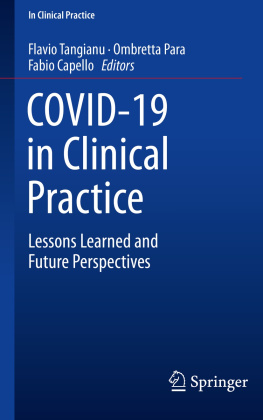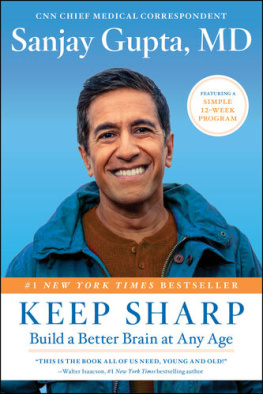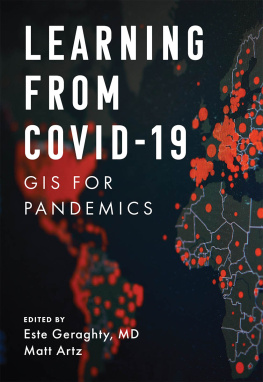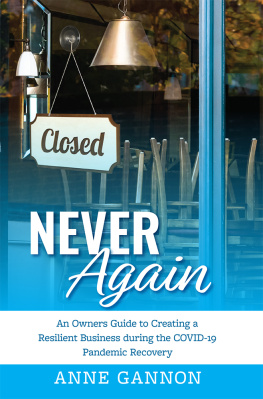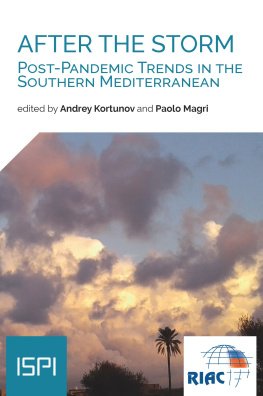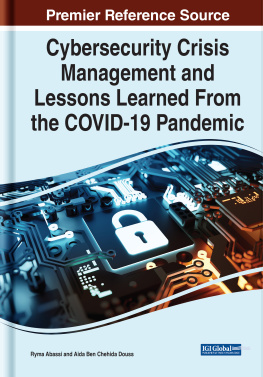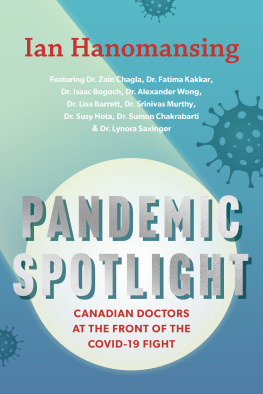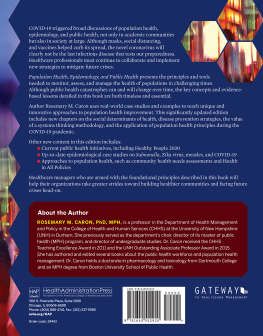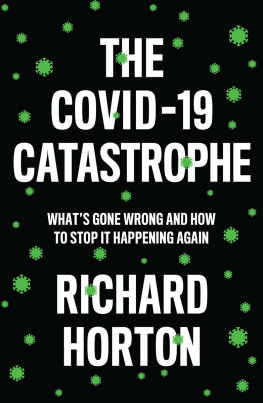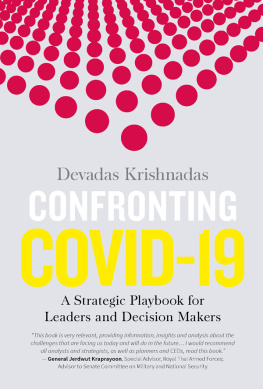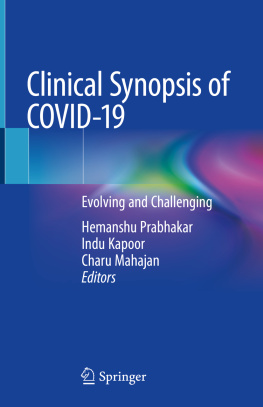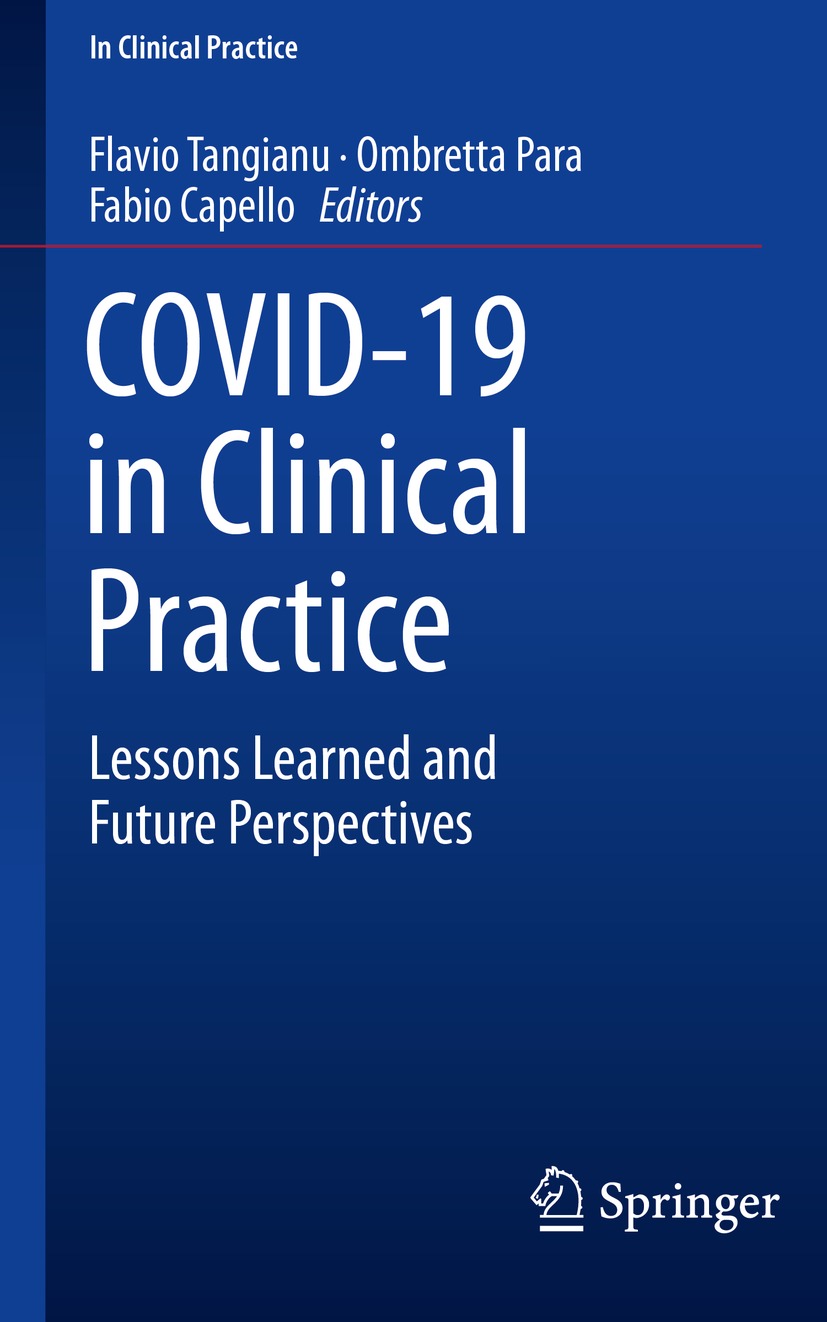Editors
Flavio Tangianu
Department of Internal and High Intensity Medicine, Hospital of Circolo Varese, Insubria University, Varese, Italy
Ombretta Para
Department of Internal and Emergency Medicine, Careggi University Hospital, Firenze, Italy
Fabio Capello
Department of Primary Care, AUSL di Bologna, Bologna, Italy
ISSN 2199-6652 e-ISSN 2199-6660
In Clinical Practice
ISBN 978-3-030-78020-3 e-ISBN 978-3-030-78021-0
https://doi.org/10.1007/978-3-030-78021-0
The Editor(s) (if applicable) and The Author(s), under exclusive license to Springer Nature Switzerland AG 2021
This work is subject to copyright. All rights are solely and exclusively licensed by the Publisher, whether the whole or part of the material is concerned, specifically the rights of translation, reprinting, reuse of illustrations, recitation, broadcasting, reproduction on microfilms or in any other physical way, and transmission or information storage and retrieval, electronic adaptation, computer software, or by similar or dissimilar methodology now known or hereafter developed.
The use of general descriptive names, registered names, trademarks, service marks, etc. in this publication does not imply, even in the absence of a specific statement, that such names are exempt from the relevant protective laws and regulations and therefore free for general use.
The publisher, the authors and the editors are safe to assume that the advice and information in this book are believed to be true and accurate at the date of publication. Neither the publisher nor the authors or the editors give a warranty, expressed or implied, with respect to the material contained herein or for any errors or omissions that may have been made. The publisher remains neutral with regard to jurisdictional claims in published maps and institutional affiliations.
This Springer imprint is published by the registered company Springer Nature Switzerland AG
The registered company address is: Gewerbestrasse 11, 6330 Cham, Switzerland
In loving memory of Prof. Marco Spissu, and all the Italian medics and health workers that lost their lives to Covid-19 fulfilling their duty in the spring of 2020 and in the following months.
Preface
When the 2020 pandemic of COVID19 struck the world, no one could count on relevant information able to actively affect the outcomes both of the epidemics and of the management of single patients cases. Because SARS-CoV-2 was a new virus and COVID19 was a new disease, scientists all over the world had to work with whatever knowledge they already possessed, based on what they knew about coronaviruses and broadly on viral infections and viral epidemics.
However, when it became clear that the original outbreak was going to spread around the world and that there were no given answers to the many questions that arose during those tragic months of the first half of 2020, human beings had to act and produce workable models aimed to solve the problem on behalf of the same human species. During the first response, some countries have been hit more than others. Pharmacological and non-pharmacological intervention aimed to reduce the impact and the burden of this unknown disease produced at the time some effects, whose efficacy also in terms of costs and burden for the whole population was not known and difficult to evaluate.
Those first countries that experienced a massive increase in the number of cases, hospital admissions, and death had to fight with blunt weapons made more unharmful by the fact that no one knew at the time how the epidemic would have progressed and what kind of medium- and long-term effect it would have been on the single patients and on the communities.
Whilst medical workforce and decision-makers struggled to find useful solutions, the rest of the world tried to prepare itself to impact the emerging disease with strategies based on no evidences and on no previous experiences.
The worst scenario the world had to face indeed in the recent years had been the 2013 epidemic of Ebola, whose characteristics however made the disease completely different and the models produced to contain a similar infection unable to fit for the COVID19s management purposes.
The world was simply not prepared to face a new worldwide disease.
Yet, because there were no given solutions, and because the long-term effects of this disease are still unknown by the time we are writing this preface, the only possible methodology to mitigate the impact of COVID19 was to rely on preparedness and readiness schemes. Those territories that at the time were unaffected by the disease should have observed what was happening in the world before the wave of the infection could strike them, in order to produce effective plans to contain the infection.
However, this approach needed for coordination and for a plan already shared among nations that would improve the level of communication, optimizing the resources and the response of the different actors involved in the fight against the virus.
Without shared agreementsbefore, during, and after the first wave of infectionand with no direction aimed to the production of scientific knowledge able to increase the awareness of the disease and the proper sharing of reliable scientific-based information, the study of the diseases and of those measures able to contain the epidemics were strongly constrained. The prompt and relevant requests for action, coming from international health organizations, were by themselves incapable of producing results because those seemed more the voice of the man crying in the desert, whose interlocutor is not given or unknown.
In addition, political decisions aimed to prevent those setbacks that inevitably came with the implementation of measures needed to reduce the spread of the virus (like the impact of these same measures on economy), delayed of weeks and sometimes of months the employment of useful procedures. This had an impact also on the public opinion reducing the efficacy of some interventions that were loosely applied or that were simply left to the good will of the single individuals or communities.
In spite of the incredible amount of data potentially collected from the field, scientific trials and studies have been conducted with a general direction that focused only on the gathering and processing of the bigger possible amount of information. What happened instead was a collection of hypothesis and thesis based on ideas that often bypassed the system. This produced a number of sometimes unreliable publications, whose scientific content was debatable, and that did not lead to the creation of new and more effective models. What happened in fact was that most strategies were designed following schemes designed for very different diseases and for different and outdated scenarios, ignoring the complexity of the world we and the virus live in.

